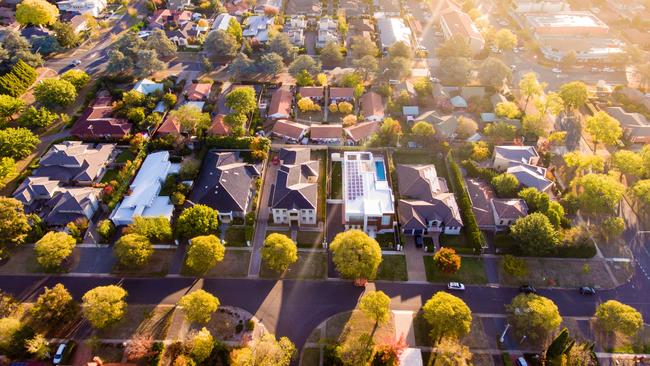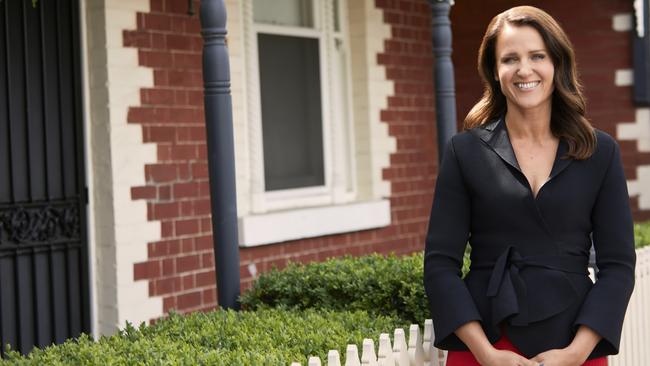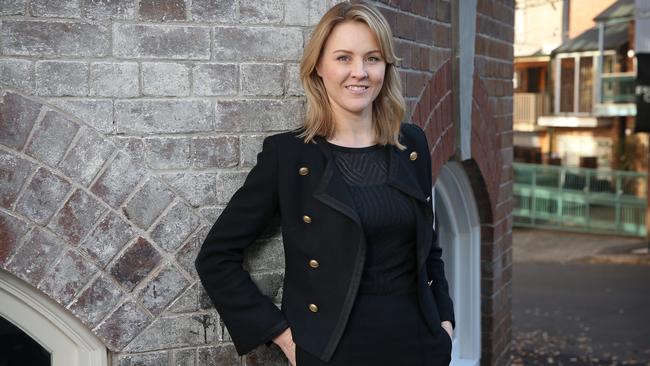Labor’s planned tax pain: Should investors buy or sell?
Labor hasn’t budged on its election promise to lift taxes for real estate investors, and many property owners are struggling with the question of what to do next.
Investing
Don't miss out on the headlines from Investing. Followed categories will be added to My News.
Labor’s plans for tougher investment taxes have created a huge question for the nation’s 2.1 million landlords and would-be real estate investors.
As property prices fall, should people rush to buy or sell before the proposed tax changes’ January 1 start?
Or should they wait for prices to drop further next year, as forecasters expect if Labor wins the election?
Bill Shorten’s Budget reply speech on Thursday night reaffirmed the Opposition’s plans to limit negative gearing tax deductions to newly-built housing and to halve the current 50 per cent capital gains tax discount to 25 per cent.
MORE MONEY NEWS:
The new money-makers on Airbnb
Talking tax now brings in the big bucks

“We are going to stop the intergenerational unfairness in our tax system … You can’t have property investors playing with loaded dice against our young people,” Mr Shorten said.
House prices have dropped 6.9 per cent nationally in the past 12 months, led lower by Sydney’s 10.9 per cent and Melbourne’s 9.8 per cent falls.
Property forecasters are divided about how much they could fall after January 1, ranging from zero to 15 per cent-plus, but the averaging 5-10 per cent.
Realestate.com.au chief economist Nerida Conisbee said the decision of whether to act now or wait depended on factors including an investor’s ability to get finance, how long they planned to hold the property and whether they thought Labor would make the rules even tougher later on.
“Buyers’ advocates are advising investor customers to buy now to lock in the tax advantages,” she said.
“But we’re not seeing a jump in investor activity even though most people think the ALP will get voted in.
“A lot are struggling with it. It’s too hard to call but what we are seeing is people holding off.”

For a long-term investor, it makes tax sense to buy before January 1.
That’s because Labor’s capital gains tax change will have a big impact.
For example, a $500,000 property purchase that sells a decade later for $1 million currently results in $250,000 being added to the investor’s taxable income.
But Labor’s plan increases that to $375,000 — a potential extra tax bill near $60,000.
Metropole Property Strategists CEO Michael Yardney said negative gearing tax deductions should not be a reason to invest in real estate, and people should buy quality property when they could afford it — not when tax laws were favourable.
“If you can afford it today, now is a great time to make your next purchase as you’ll find yourself in a buyers’ market with less competition,” he said.
“If you own an underperforming investment property, now is a good time to consider offloading it.”

The rule change isn’t guaranteed.
“Firstly Labor need to win the election. They’re currently the favourites with the bookies — but that doesn’t mean they’ll win. Just ask Donald Trump,” Mr Yardney said.
Dixon Advisory managing director Nerida Cole said a big factor in deciding whether to buy or sell was the property price outlook.
“After it bottoms out, we could see subdued growth in property for a number of years — it can take a long time to recover,” she said.
“Are you buying a quality asset that’s going to grow? If you’re buying something that’s going to go nowhere for three years you are not getting ahead.”
Ms Cole said investors with multiple properties could still use negative gearing losses to offset other investment income — just not their salary.
“Capital gains tax is the bigger impact and a lot of people haven’t grasped that,” she said.


